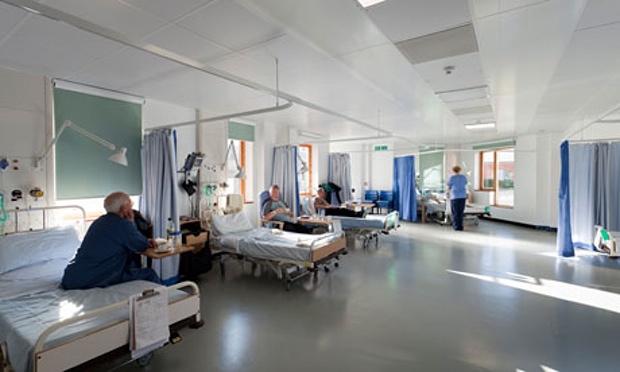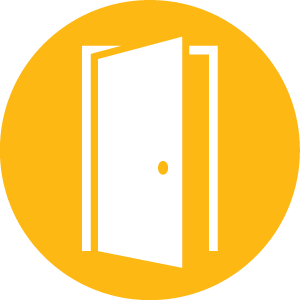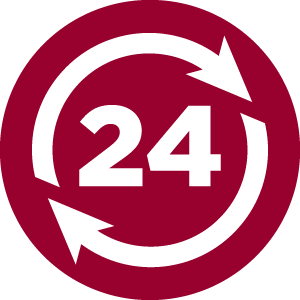Who's to blame for bed-blocking?

Delays in discharging patients out of hospital after treatment could be costing the NHS in England £900m a year, an independent review has said.Labour peer Lord Carter's report found nearly one in 10 beds was taken by someone medically fit to be released.
It said it was a "major problem" causing operations to be cancelled and resulting in the NHS paying private hospitals to see patients.
Union Unison said cuts to social care were a major cause of "bed-blocking".
Vulnerable and frail patients cannot be released if there is not the support in the community from home care workers or district nursing staff or a place in a care home.
Absolute Healthcare believe that the Government’s DBS checking system is also a contributory factor in hospital discharge delays. This is because of the time it takes to get DBS checks completed for talented social care workers, who simply want to get on with the job of getting people home.
Until the Government themselves provide improved efficiencies of their own departments, what hope do we have of increasing the number of carers available to help these bed blockers?
While official statistics suggest about 5,500 patients a day are affected, the report said information provided by trusts estimates as many as 8,500 beds in acute trusts were being blocked.
It said if you take into account how much staffing and running a bed costs this works out at £900m a year.
But the true cost could be even higher. The report highlighted the growing trend to pay private hospitals to do NHS work, such as knee and hip operations, as a consequence of this.
Last year the NHS spent £11bn in the private sector - a rise of 11% on the previous year. Lord Carter said delayed discharges was likely to be a "contributory factor" in this.
“The NHS is expected to deliver efficiencies of 2–3% per year, effectively setting a 10–15% real terms cost reduction target for achievement by April 2021. While the NHS ranks as the best value healthcare system in the world, we know more could be done to improve quality and efficiency in our hospitals so they can meet this expectation,” the report says.
In a separate report the National Audit Office warns that the NHS’s systems for recruiting doctors, nurses and midwives are “fragmented”, inefficient and expensive.
In 2015 the service was short of 50,000 staff, a 6% vacancy rate, and was becoming increasingly reliant onexpensive agency staffto plug gaps in rotas.
“Given the size of the NHS, workforce planning will never be an exact science, but we think it clearly could be better than it is,” said Amyas Morse, the head of the NAO. Labour saidcuts to the number of nurse training placesin recent years had created critical shortages of staff.
The Royal College ofNursingwarned that Carter’s moneysaving drive could ultimately endanger patient safety. “The focus on efficiencies must not be at the expense of safe care. In the past efficiency drives have eclipsed the focus on safe staffing levels and patient care. In the future the two must go hand in hand,” said Janet Davies, the RCN’s chief executive.
“All the evidence shows that it is the number of registered nurses which has the biggest impact on patient care in acute settings and any new metric to measure staff deployment must not be used by trusts to hide a diluted skill mix,” she added.







 Tweets by @abs_healthcare
Tweets by @abs_healthcare